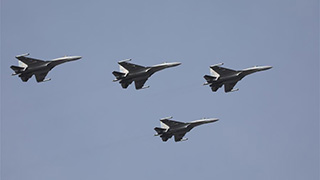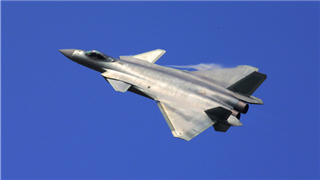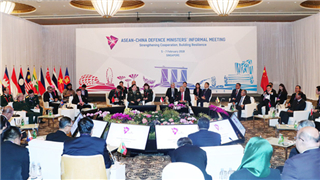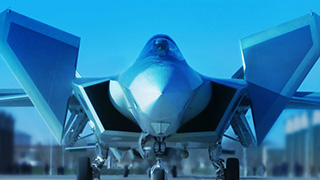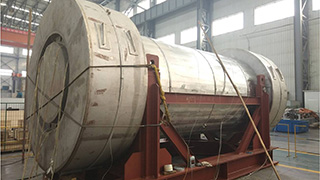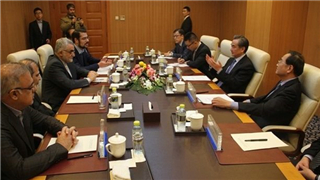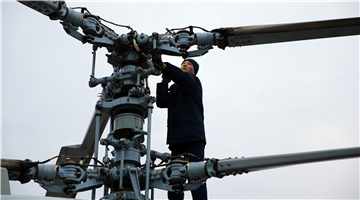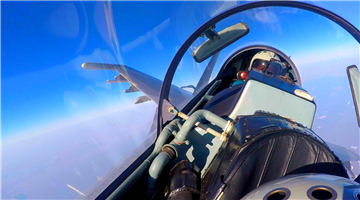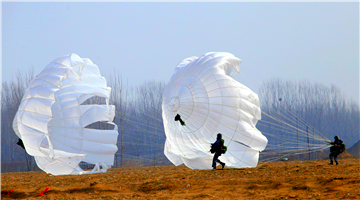Military spending remains lower than in other nations as proportion of GDP
China will raise its defense budget by 8.1 percent in the 2018 fiscal year, more than last year's 7 percent, according to a budget report submitted to the top legislature on Monday.
The government proposed a defense budget of 1.11 trillion yuan ($175 billion) in the report, which was distributed to members of the media at the first session of the 13th National People's Congress.
The report will be reviewed and discussed by legislators.
Delivering the Government Work Report, Premier Li Keqiang said the task of reducing the armed forces by 300,000 troops has been basically completed. The cut was announced by President Xi Jinping in September 2015.
Despite the reductions, Li said, the Chinese military has been making strides toward its goal of becoming a world-class power.
Zhang Yesui, spokesman for the annual NPC session, told reporters at a news conference on Sunday that China's defense budget takes up a smaller share of national GDP than in other major countries.
"If we take a look at the share of China's defense budget in our GDP, national fiscal spending, or in per capita terms, we can see that China's defense input is actually still lower than that of other major countries," Zhang said. "China is committed to a path of peaceful development and pursues a military policy that is defensive in nature. Our development will not pose a threat to other nations."
He said that a country's national defense needs to be developed in concert with its economy and serve both national security and development interests.
"In recent years, China has increased spending on defense by a moderate margin, and a large part of these has been used to make up for past shortfalls," he said.
The additional money in the 2018 fiscal year will be spent to upgrade weapons and equipment and to improve the welfare of military personnel, including better training and living conditions, Zhang said.
Senior Captain Cao Weidong, a researcher at the PLA Naval Military Studies Research Institute, said many of the Chinese military's weapons and pieces of equipment don't meet the requirements of modern warfare and need to be replaced by new types.
"For instance, many of the Navy's ships are small and have poor information processing capacity. We need to build aircraft carriers, carrier-borne fighter jets and new-generation destroyers, and these require huge investment," Cao said. "Similarly, the Air Force can't fulfill its missions in the 21st century without strategic transport planes and stealth fighter jets. The increase in the military budget is necessary to offset the insufficient input in the past."
In fiscal 2017, the defense budget was set at 1.04 trillion yuan-a year-on-year increase of 7 percent.

